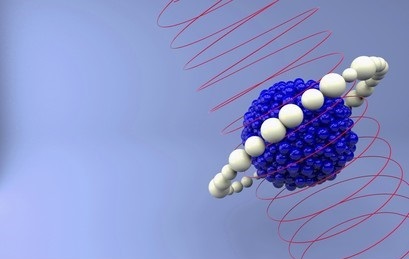Proteins are the main bearers of life activities, of which species-specific proteins are also important markers for species identification. Lifeasible offers biosensing systems for the detection of plant pathogenic proteins using immunological techniques based on antigen-antibody reactions, including electrochemical immunosensors, optical immunosensors, quartz crystal microbalance biosensors, etc. We have also developed surface plasmon resonance technology, nucleic acid aptamers, and phage biosensors. Surface plasmon resonance technology, nucleic acid aptamer technology, and phage biosensors are also in our pipeline for plant pathogen detection.
We can provide you with electrochemical immunosensing systems for detecting plant pathogens, which allow the conversion of biological signals into electrical signals for easy detection and processing. It is fast, accurate, sensitive, and independent of the color and turbidity of the sample, which avoids the disadvantages of radioactive contamination and is non-toxic.
We offer optical immunosensing systems for highly sensitive detection of immune responses and fine immunochemical analysis to meet your needs for high sensitivity and rapid detection. The advantage is the high specificity of antigen-antibody binding, which reduces non-specific interferences and results in high sensitivity and accuracy.
Our quartz crystal microbalance system provides testing services for plant pathogen detection personnel and has the advantages of low cost, no labeling, high sensitivity, and real-time online detection. And we will reduce the influence of environmental factors through temperature control, vibration damping, and other designs to improve the stability of this system.
Our nucleic acid aptamers serve you in the detection of plant pathogens. Compared with traditional antibodies, nucleic acid aptamers are thermally stable, have a long shelf life, are non-immunogenic, have uniform activity, can be denatured and revertible, and do not require an animal as a reactor for production.
Lifeasible's protein recognition-based biomolecular sensing system takes advantage of the high affinity between antibodies and pathogen signature antigens and uses quartz crystal microbalance, surface plasmon resonance technology, fluorescence, impedance, and more to help you quickly determine whether plant tissue samples for pathogen infestation. We are also committed to improving the binding efficiency of antibodies on sensing microarrays to increase the sensitivity and specificity of our methods. Please feel free to contact us to customize a biomolecular sensing system to suit your needs.
Lifeasible has established a one-stop service platform for plants. In addition to obtaining customized solutions for plant genetic engineering, customers can also conduct follow-up analysis and research on plants through our analysis platform. The analytical services we provide include but are not limited to the following:
Get Latest Lifeasible News and Updates Directly to Your Inbox
Adaptive Evolutionary Mechanism of Plants
February 28, 2025
Unraveling Cotton Development: Insights from Multi-Omics Studies
February 27, 2025



